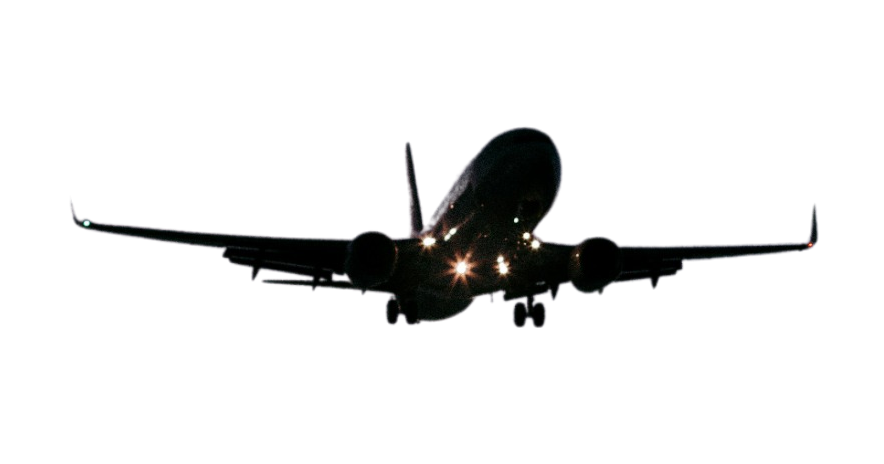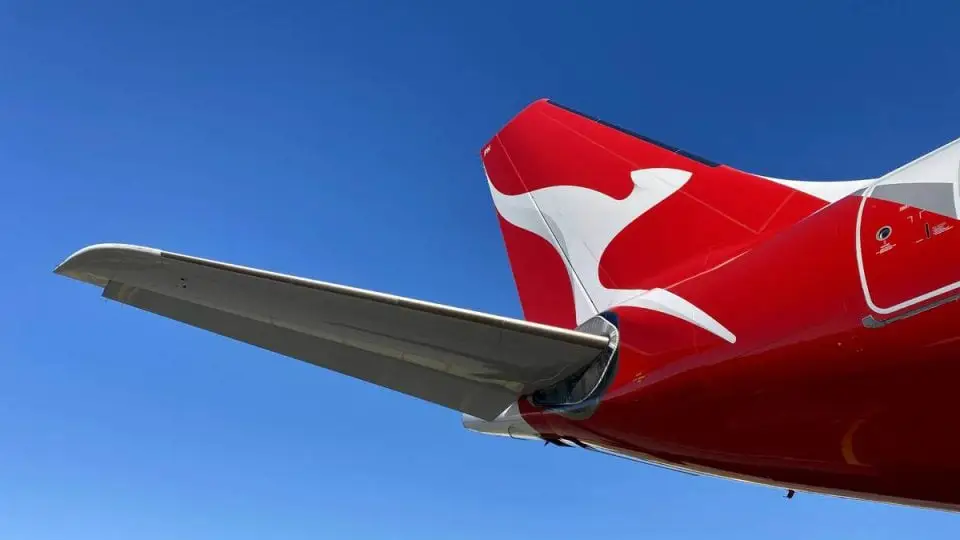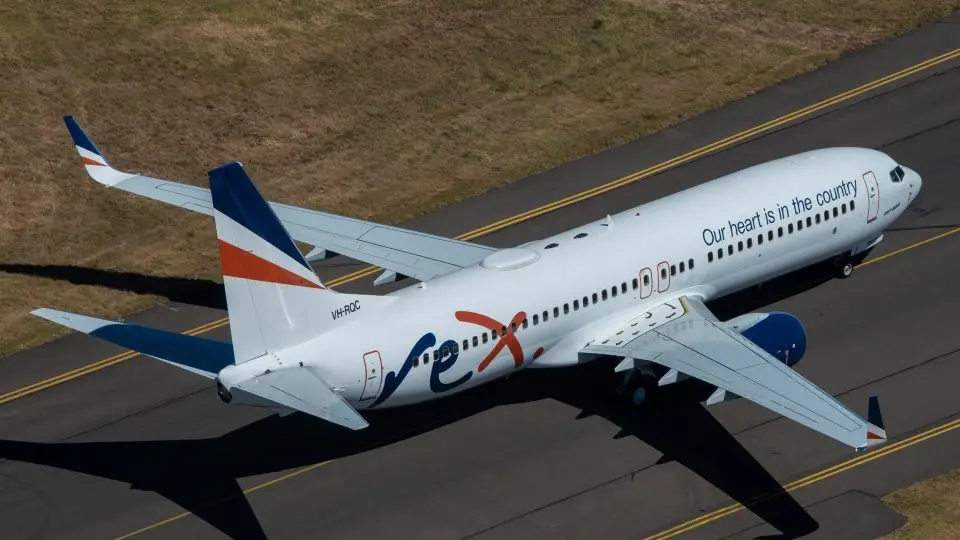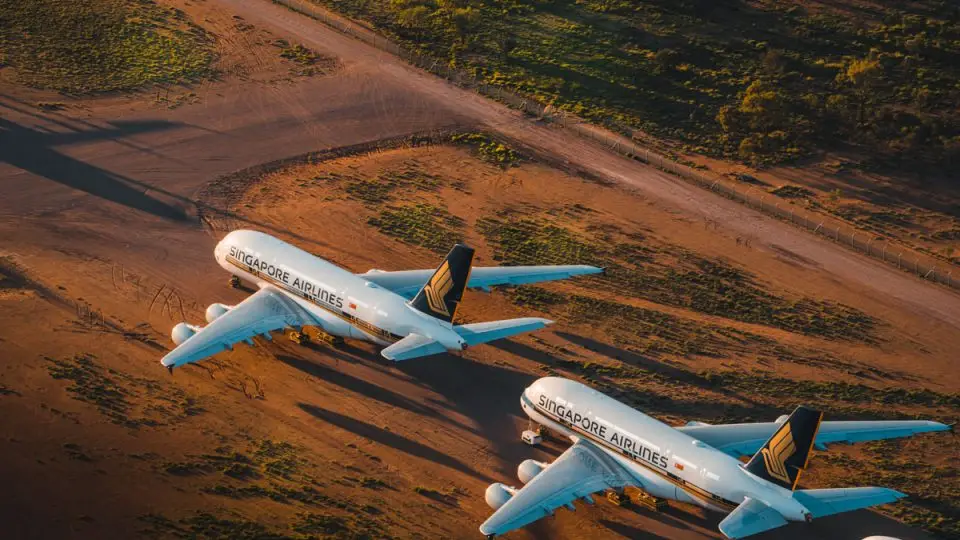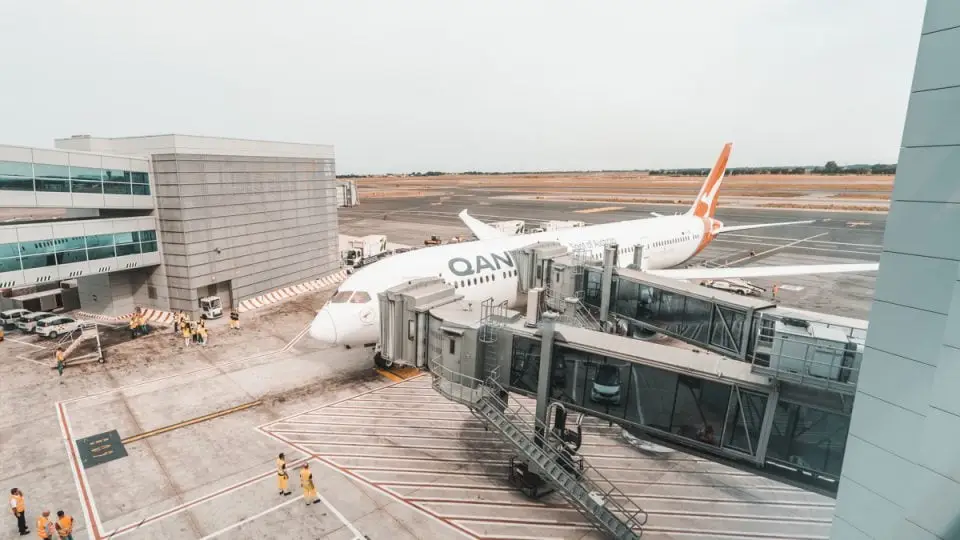Qantas orders additional A350 and B787 Aircraft for international fleet
Qantas strengthens global fleet with new A350 and B787 aircraft, enhancing long-haul and sustainable flights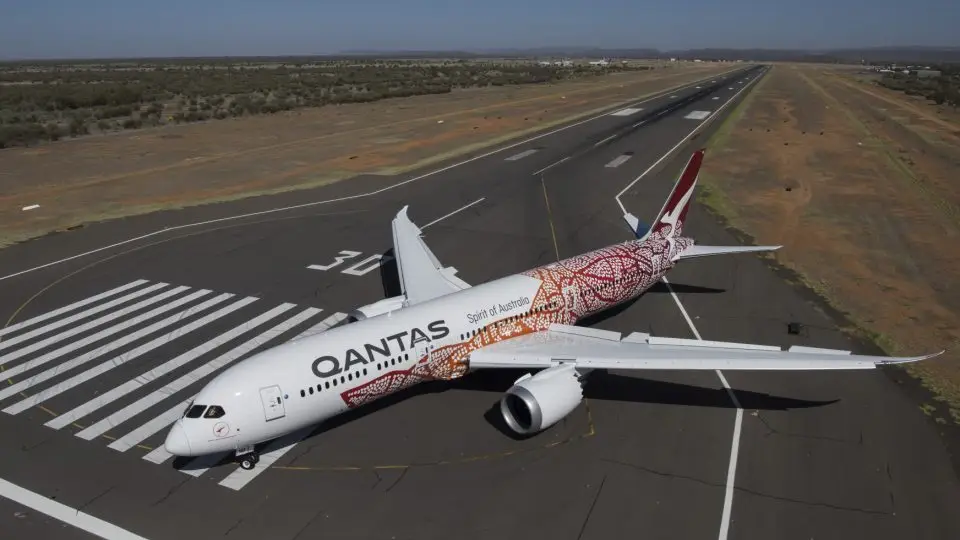
The Qantas Group has today announced yet another large aircraft purchase, in addition to the 149 firm aircraft still on order. An additional 24 aircraft have been added to Qantas’ tab, to progressively replace its existing A330s. The multi-billion dollar order is split between twelve Airbus A350s and twelve Boeing 787s arriving from mid 2027 into the next decade.
Within that order, Qantas will receive another four Boeing 787-9 and eight 787-10 aircraft, with deliveries starting from 2027. With Airbus, Qantas has opted to add another twelve Airbus A350-1000s, with deliveries starting in 2028.
Qantas Group CEO Alan Joyce was proud to introduce another investment in his airline.
“Both the 787 and A350, and the GE and Rolls Royce engines fitted to them, are thoroughly proven and extremely capable.”
“These are generational decisions for this company. The aircraft will arrive over a decade or more and they’ll be part of the fleet for 20 years. They’ll unlock new routes and better travel experiences for customers, and new jobs and promotions for our people,” added Mr Joyce.
CEO designate Vanessa Hudson said that Qantas’ negotiations off the back of previous campaigns had helped deliver improved pricing and delivery slots.
“Our ability to afford these aircraft comes from years of restructuring and strengthening our balance sheet, and our confidence about the future.”
Related posts


